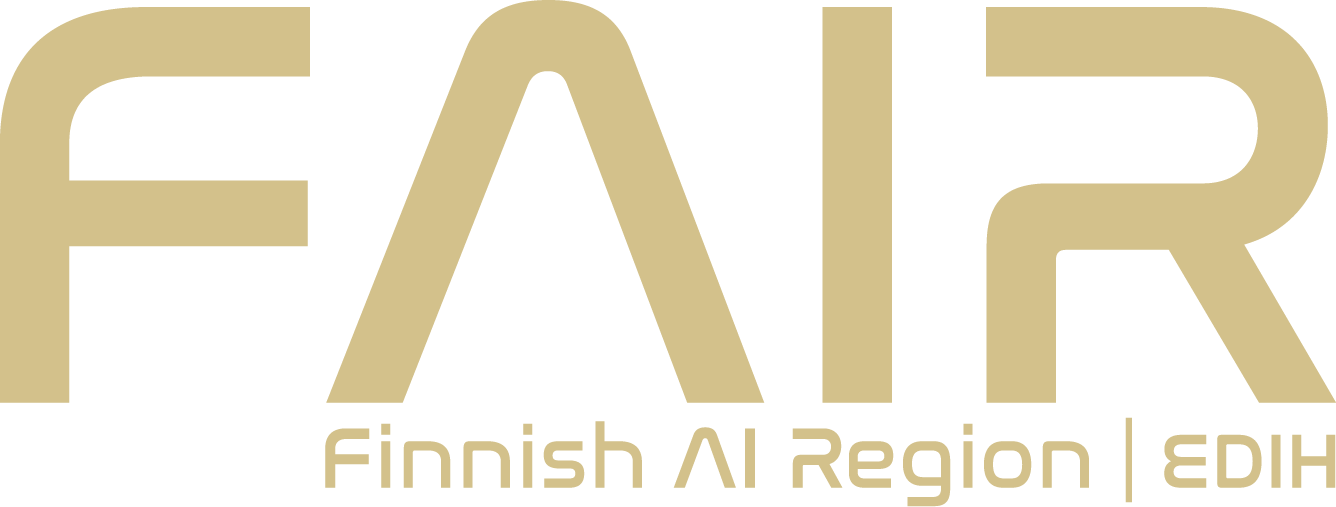

An Algorithm as Boss? Nearly Half of Finns Have Already Experienced AI Management
Algorithmic management raises fears, but what if it could make management fairer? A nationwide study reveals that one in two Finnish knowledge workers has already experienced machine-directed management—and younger workers’ attitudes towards it are surprisingly positive.
Text by Martti Asikainen, 2.11.2025 | Photo Adobe Stock Photos

Nearly half of Finnish knowledge workers report workplace experience with algorithmic management. This emerges from preliminary findings of Haaga-Helia University of Applied Sciences’ nationwide “RoboBoss” study, conducted in Summer 2025.
The numbers tell a striking story. According to the study, 49 per cent of Finns in professional and managerial roles report that their workplace uses algorithms to track working hours, distribute assignments, or measure performance. The actual figure may be higher still, because employees aren’t necessarily aware of all measures concerning them.
Algorithmic management dominates current workplace discussions, as does AI use generally. Yet practical examples and success stories from Finland remain scarce. This is unfortunate. The technology offers genuine opportunities to improve both management quality and employee experience, but the conversation too often begins with risks and threats.
Understandable, perhaps, but misleading. Fear draws attention away from what technology could be at its best: not a human replacement, but a modern tool for making management better, more transparent, more humane, and above all, fairer.
A global phenomenon
Recent international research on algorithmic management is encouraging. For instance, the Organisation for Economic Co-operation and Development’s extensive study “Algorithmic Management in the Workplace” (2025) demonstrates that algorithmic management is no longer merely a peculiarity of the platform economy, disconnected from reality.
According to the OECD, 90 per cent of companies in the United States already use algorithmic management systems, alongside 79 per cent in Europe and 40 per cent in Japan. In Finland and the Nordic countries too, development has been rapid thus far (Lahti & Valtonen 2025).
According to preliminary findings from Haaga-Helia’s “Machine as Manager” study (2025), 49 per cent of Finns working in professional and managerial roles report that their workplace utilises algorithms for tasks such as tracking working hours, distributing assignments, or measuring performance. In reality, the figure may be higher, as employees aren’t necessarily aware of all measures concerning them.
Defining the terms
Algorithmic management refers to software-based systems in which employees’ work is directed, monitored, and evaluated automatically. In practice, these manifest in various ways. Systems can, for example, monitor and analyse work performance, set targets, distribute and prioritise work tasks, and provide real-time supervision and feedback.
A good example comes from the German food delivery company Foodora, where an algorithm distributes orders to couriers, calculates optimal delivery routes, and monitors delivery times in real time. The courier receives instructions not from their line manager but directly from the application, which also evaluates their performance based on customer feedback and delivery speed (e.g. Tuomi et al. 2023).
The idea of work optimisation isn’t inherently new. As early as the beginning of the 20th century, Frederick Taylor’s “scientific management” sought to find the optimal method of execution for each work task.
The difference from today’s algorithmic management, however, lies in scale and real-time capability (Vuori & Asikainen 2025). Where Taylorism was based on time measurements made by humans, algorithms collect and analyse vast quantities of data around the clock.
These systems often utilise machine learning, artificial intelligence, and various data sources — platforms combining sensors, communications data, and behavioural information. Technology enables increasingly precise and automated work management, which has already significantly changed traditional management practices. In future, algorithmic management can be expected to increase further.
Cultural differences in implementation
One of the most interesting conclusions from the OECD study (2025) is that different countries emphasise different needs in algorithmic management. In the United States, monitoring and surveillance tools predominate, with as many as half of companies monitoring the content of their employees’ communications.
In Europe, by contrast, guiding and supportive systems are favoured, such as work planning and target-setting. These differences reflect cultural values and working life. The United States seeks efficiency and control, whilst Europe pursues balance and support.
Also intriguing is that Haaga-Helia University of Applied Sciences’ research (2025) reveals a clear generational divide in attitudes towards algorithmic management. Knowledge workers under 40 have considerably more positive attitudes than their older colleagues (Asikainen & Lahtinen 2025).
Young people view systems as useful, efficient, and even fair, and are willing to share sensitive data, including voice and wellbeing information, if in return they receive work capacity monitoring or work task optimisation.
Those over 65, meanwhile, emphasise the need to participate in system implementation and understand their operational logic. For them, management is above all human interaction, not machine-made, data-based decision-making. This doesn’t mean, however, that humans should be replaced.
Quite the contrary. Humanity is and will remain in a decisive role. The final decision must always come from a human, as a machine cannot bear responsibility or understand human background factors.
Development is rapid
Preliminary findings from Haaga-Helia’s study (2025) show that nearly 90 per cent of respondents believe algorithmic management will become more common in their own workplace over the next five years.
Managers themselves estimate development will be even faster. This anticipates significant change in working life, where AI’s role in decision-making will grow considerably alongside traditional human management.
At the same time, alongside international data, the results provide strong indications that this isn’t a passing trend but a structural change in how we organise and direct work.
For this reason, it’s important for working life to shift from a reactive to a proactive approach and initiate necessary development processes and assessments, so that practices don’t arrive ready-made from elsewhere.
Rather than fearing this change, we should assess comprehensively what can be implemented responsibly whilst upholding European values and traditions. I firmly believe that in every workplace, there are management tasks that algorithms could perform even better, faster, and more fairly than humans.
Working life’s new era has arrived. How we respond will define the next generation of work.
References
Asikainen, M. & Lahtinen, A. (2025). Algorithmic management spreads across Finnish workplaces – younger workers show greater acceptance than their older colleagues. Published on STT (Suomen Tietotoimisto) on 16 June 2025. Haaga-Helia University of Applied Sciences’ Press Release. Accessed 28 October 2025.
Lahti, H. & Valtonen, T. (2025). Raportti: Algoritminen johtaminen yleistyy Pohjoismaissa – tutkijat varoittavat sen vaikutuksista työntekijöiden hyvinvointiin. Published on Finnish Institute of Occupational Health’s website on 8 September 2025. Accessed 28 October 2025.
OECD (2025). Algorithmic management in the workplace: New evidence from an OECD employer survey. OECD Publishing. Paris.
Tuomi, A., Jianu, B., Roelofsen, M., Ascenção, M.P. (2023). Riding Against the Algorithm: Algorithmic Management in On-Demand Food Delivery. Teoksessa: Ferrer-Rosell, B., Massimo, D., Berezina, K. (eds) Information and Communication Technologies in Tourism 2023. ENTER 2023. Springer Proceedings in Business and Economics. Springer, Cham. https://doi.org/10.1007/978-3-031-25752-0_3
Vuori, J. & Asikainen, M. (2025). Kun algoritmi astuu pomon saappaisiin – algoritminen johtaminen työn murroksessa. Published on Finnish AI Region’s website on 17 Juli 2025. Accessed 28 October 2025.
About this article
This article is published as part of Haaga-Helia University of Applied Sciences’ “RoboBoss — Artificial Intelligence in Expert and Knowledge Work Management” project, which examines algorithmic management particularly in expert and knowledge work. The areas where AI’s role has thus far been studied and understood only to a limited extent. The project’s main funder is the Finnish Work Environment Fund.

Martti Asikainen
Communications Lead
+358 44 920 7374
martti.asikainen@haaga-helia.fi


Finnish AI Region
2022-2025.
Media contacts